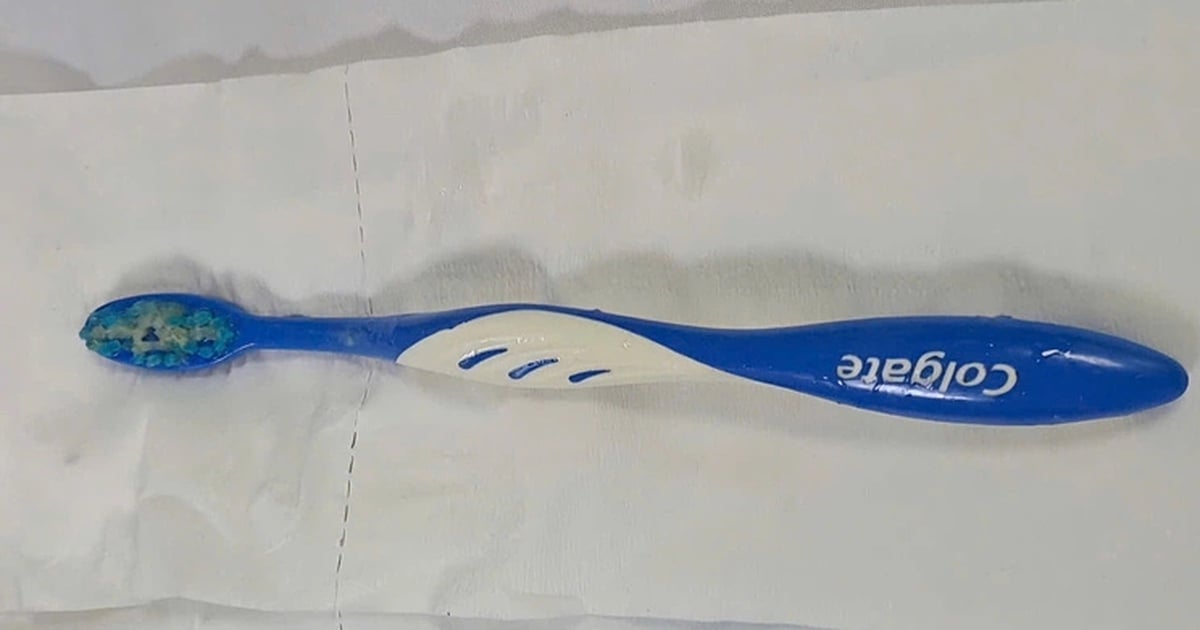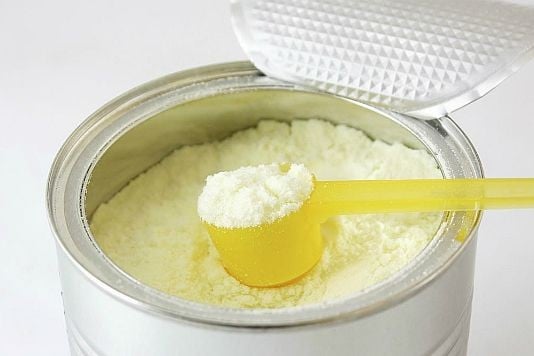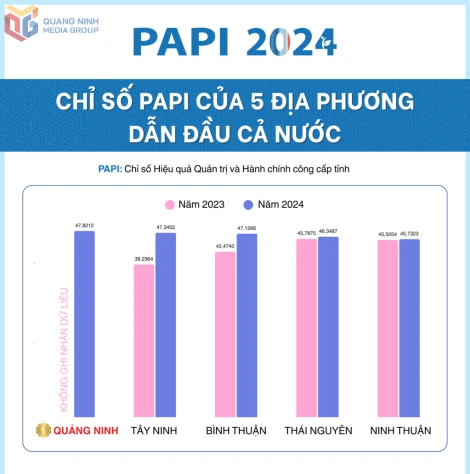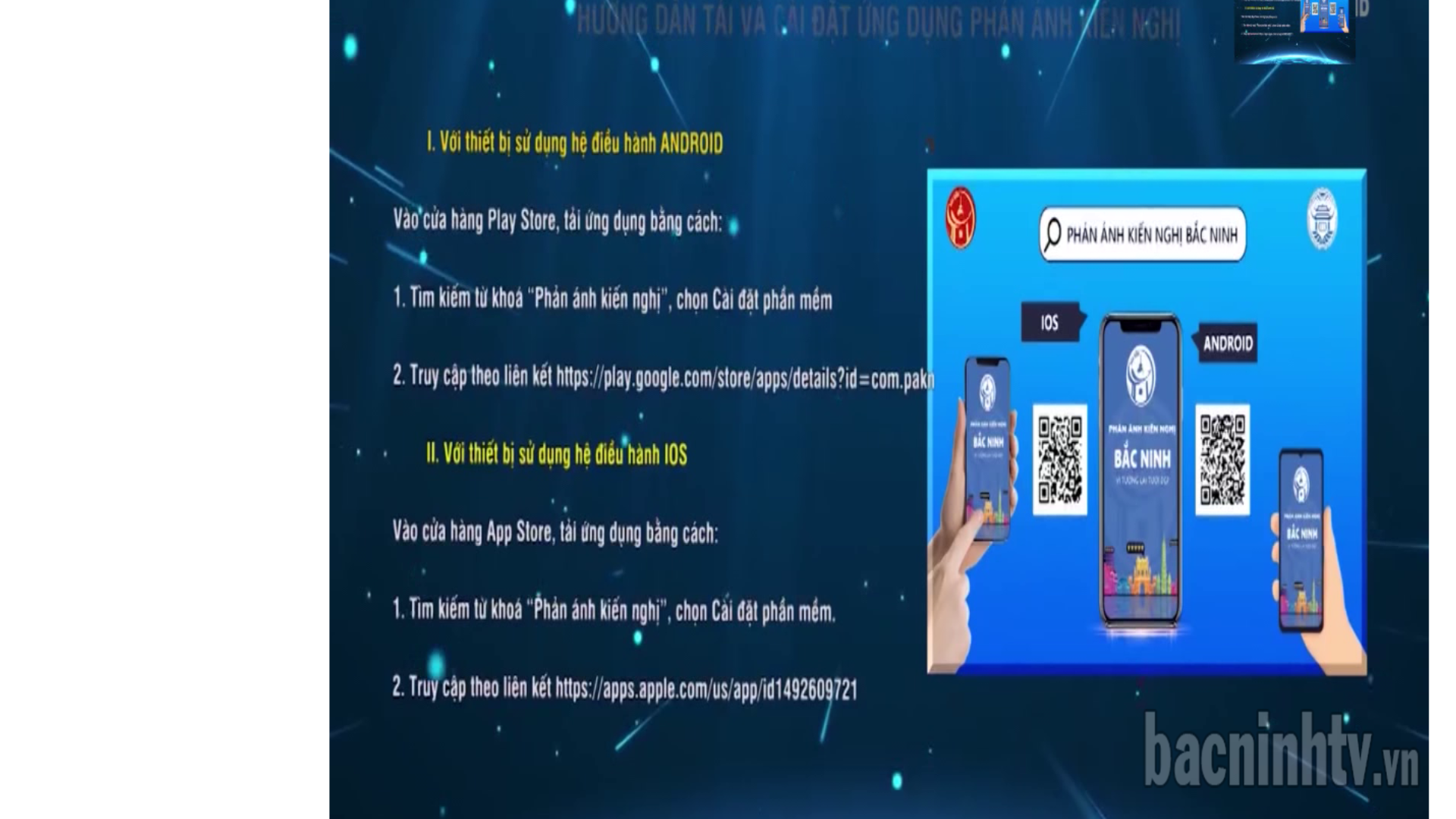Scientists have found a new way to erase bad memories by activating good ones, helping to treat mental health.

Thinking about positive memories can help us remember less painful ones - Image drawn by AI
Erasing bad memories and traumatic flashbacks could help treat a variety of mental health problems. Scientists have found a promising new approach to weakening bad memories with positive ones, according to ScienceAlert on January 13.
In the multi-day study, an international team of researchers asked 37 volunteers to associate random nonsense words with negative images, such as images of human injuries or dangerous animals, on the first night.
The next day after a night's sleep to consolidate those memories, the team tried to associate half of the words with positive images in the volunteers' minds.
During the second night of sleep, the team played previously associated nonsense words during non-rapid eye movement (NREM) sleep, which is important for memory retention, and monitored the volunteers' EEGs.
The team found that theta wave activity in the brain, which is associated with processing emotional memories, spiked in response to auditory memory cues and was significantly higher when positive cues were used.
Through questionnaires over the following days, the researchers found that the group of volunteers was less likely to recall negative memories that had been mixed with positive memories through word association.
"We found that this process impaired the ability to recall negative memories and also increased the involuntary intrusion of positive memories. Overall, our findings provide new insights relevant to the treatment of pathological or trauma-related memories," the team said.
However, the research is still in its early stages and takes place in a tightly controlled laboratory.
According to the research team, negative images in the experiment will not have the same impact on the formation of traumatic memories as in real life, so more research is needed to find out exactly how to edit traumatic memories as well as know how long the effects last.
The study was published in the journal PNAS .
Source: https://tuoitre.vn/tim-ra-cach-giup-xoa-bo-ky-uc-dau-thuong-20250114100637168.htm



![[Photo] Air Force actively practices for the April 30th celebration](https://vstatic.vietnam.vn/vietnam/resource/IMAGE/2025/4/15/16fdec3e42734691954b853c00a7ce01)

![[Photo] General Secretary To Lam meets with veteran revolutionary cadres, meritorious people, and exemplary policy families](https://vstatic.vietnam.vn/vietnam/resource/IMAGE/2025/4/15/7363ba75eb3c4a9e8241b65163176f63)
![[Photo] Ho Chi Minh City after 50 years of national reunification through buildings and symbols](https://vstatic.vietnam.vn/vietnam/resource/IMAGE/2025/4/15/a224d0b8e489457f889bdb1eee7fa7b4)
![[Photo] Welcoming ceremony for Prime Minister of the Federal Democratic Republic of Ethiopia Abiy Ahmed Ali and his wife](https://vstatic.vietnam.vn/vietnam/resource/IMAGE/2025/4/15/77c08dcbe52c42e2ac01c322fe86e78b)






















































































Comment (0)